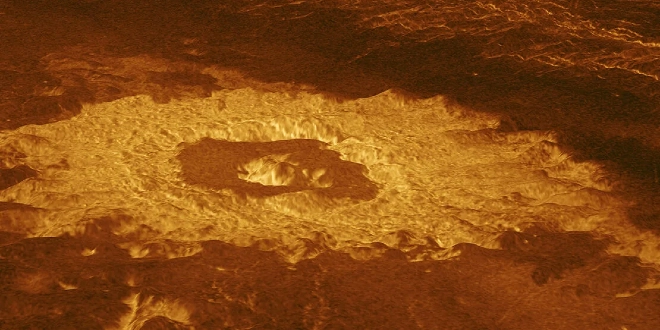Researchers have long debated Venus’ potential to support life, with attention centered not on its extremely hot surface but on the more temperate cloud layers at altitudes of 48-60 km. Traditional views held that the planet’s sulfuric acid clouds would eliminate any chance of life.
However, a recent breakthrough study has shifted this perspective by examining 20 biogenic amino acids under conditions similar to those in Venus’ clouds, particularly in terms of sulfuric acid concentration and temperature.
Remarkably, after four weeks, 19 of these amino acids either remained unchanged or experienced only minor side chain alterations. This significant finding reveals that the amino acid backbone can withstand concentrated sulfuric acid, opening up new possibilities for the existence of biologically relevant molecules on Venus. This discovery is prompting a reevaluation in fields like astrobiology and organic chemistry.
Janusz Pętkowski, a researcher at MIT, questioned the necessity of water as the sole medium for life, suggesting other possibilities.
This study, part of a “Venues” collection in the Astrobiology journal, highlights the resilience of amino acids in concentrated sulfuric acid environments. Amino acids are fundamental for protein formation, a critical aspect of life as we know it.
In their paper “Stability of 20 Biogenic Amino Acids in Concentrated Sulfuric Acid: Implications for the Habitability of Venus’ Clouds,” Pętkowski and his team argue that these findings expand the range of molecules relevant for life in environments with concentrated sulfuric acid as a solvent.
Pętkowski emphasized the need to explore basic chemistry in alternative solvents as potential habitats for life. He pointed out that while water is the primary solvent on Earth, other liquid mediums exist within our solar system that could potentially support complex organic chemistry. This perspective was shared in a report to Space.com.


